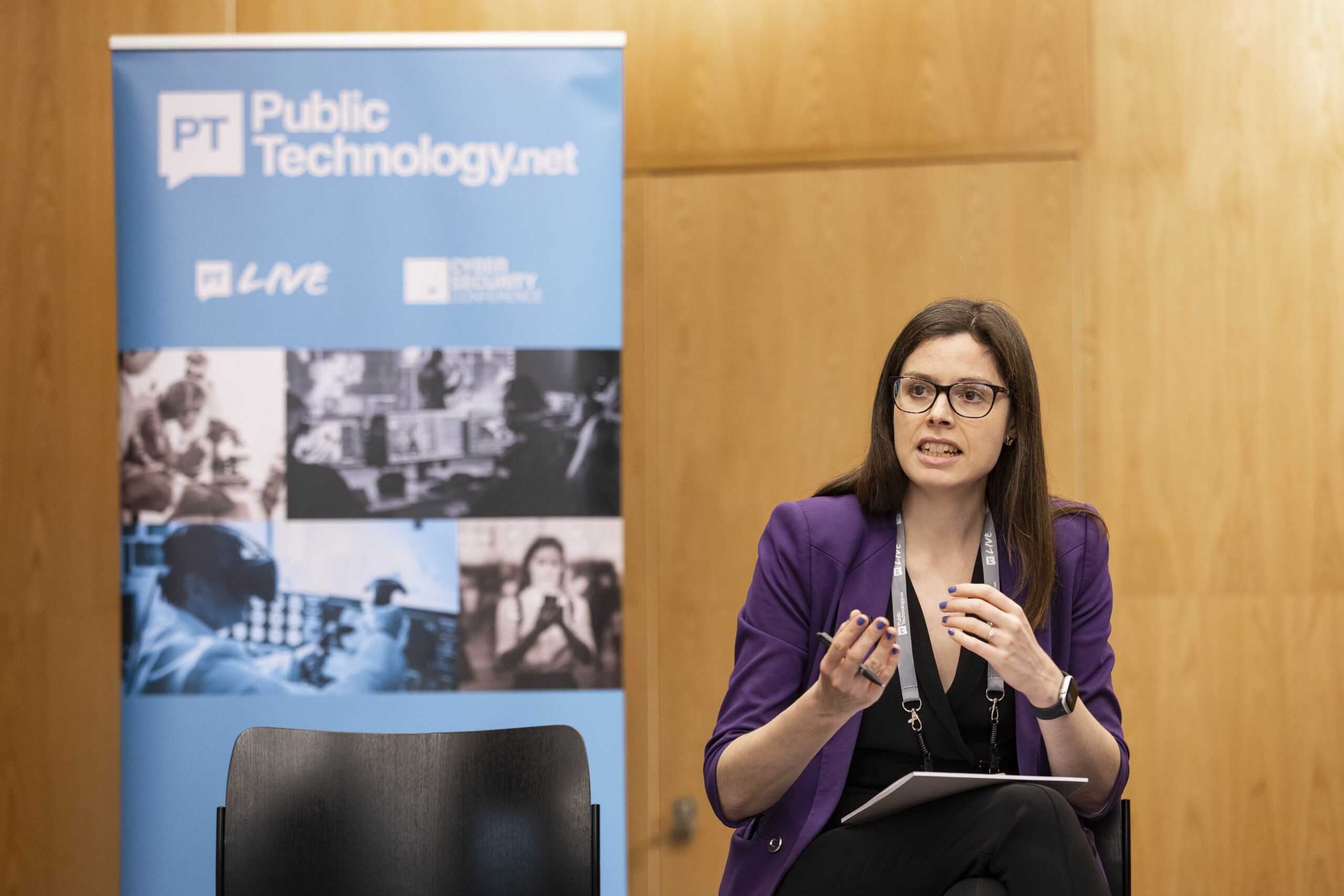Experts with Master’s degrees or extensive experience will be considered
An artist’s impression of the government hub in Leeds, where NHS Digital will be based from 2020
NHS Digital is looking for two candidates in head of information analysis roles, each paying between £70,206 and £85,333 per year, and based in either Leeds or London.
The first role is for someone focused on the very latest visualisation technology, with expertise in business intelligence and visual analytics. They will be responsible for driving the availability of decision-ready information at scale from a wealth of NHS data and the delivery of associated products.
They will have to develop and implement a strategic approach for production of detailed user-ready client dashboards with self-serve capabilities for internal and external clients, as well as leading a portfolio of delivery projects in an agile manner.
RELATED CONTENT
- Why box-ticking won’t help the NHS achieve our 10-year plan for digital
- NHSX unit launched to oversee digital, data and technology across health service
- Hancock aims to replace letters with emails across NHS
For this role, NHS wants candidates that have held a senior role within business intelligence or similar positions with significant delivery experience. They need someone who is educated to Master’s level or has the equivalent level of experience working at a senior level in a specialist area. They want someone who can identify the benefits of different types of BI and visual analytics tools, and someone who has experience of leading teams to use these tools.
Meanwhile the head of information analysis (data science) will be tasked with leading the development and delivery of new insight and modelling approaches. They will have to build and lead the function to solve business and technical problems, using robust and statistically sound methodologies, including AI, machine learning and predictive modelling techniques. NHS Digital expects candidates to have the ability to identify highly complex data science outputs to solve real world problems.
They must also have experience of developing and building data science teams and services and an ability to collaborate and build relationships across organisational boundaries through complex service provision.
Interviews are likely to take place on the week commencing 29th April 2019.



